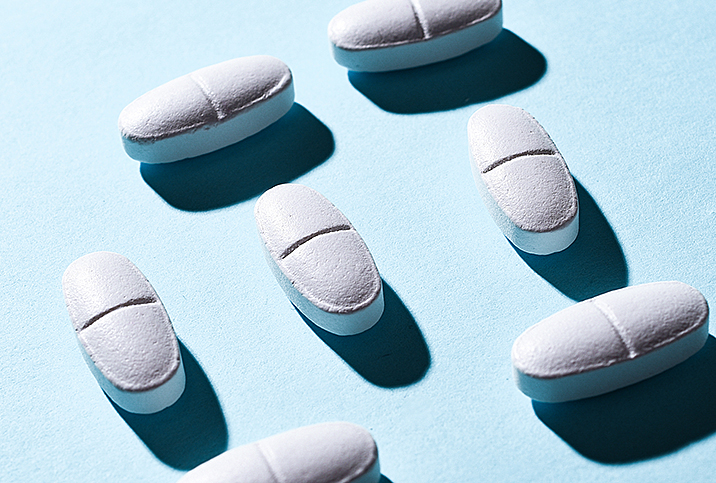10 Common Causes of Erectile Dysfunction

Erectile dysfunction (ED) occurs when a man has difficulty getting or keeping an erection that’s firm enough to have sexual intercourse. Making the situation more difficult is the fact that ED can occur as a result of many different and often interconnected issues, and treatment will change based on the underlying condition.
If you experience erectile dysfunction, knowing why you have it can help you reduce risk, seek appropriate treatment and optimize your quality of life.
Giddy Urologist Dr. Edwin Morales explains the types of ED causes in the ED Guide video series. Click here to watch the video.
1. Low testosterone
Testosterone is a hormone that drives sexual function, and anything that interrupts its production or balance can create sexual issues. Testosterone tends to decrease naturally as men age, and low-T is commonly a factor that causes ED in men older than 40. Your doctor can check your testosterone level using a simple blood test. Hormone replacement therapy (e.g., gels, pellets, injections, patches) can increase testosterone to improve sexual function.
2. Chronic diseases
Having a chronic disease, including heart disease, high cholesterol, high blood pressure, atherosclerosis, diabetes or metabolic syndrome, is a risk factor for erectile dysfunction in men. Parkinson's disease and multiple sclerosis can also increase your ED risk.
Properly managing a chronic disease and adopting healthy lifestyle habits are excellent ways to reduce your risk of erectile dysfunction.
3. Obesity
Being overweight or obese can contribute to ED. Do your best to maintain a healthy weight by following a well-balanced diet, getting plenty of exercise and sleep, reducing stress and drinking enough water to keep hydrated.
4. Substance use
The use of certain substances puts you at risk for erectile dysfunction. Smoking, chewing tobacco, drinking heavily and using drugs are all behaviors that can diminish sexual performance. For example, long-term tobacco use can restrict blood flow to arteries and veins, causing chronic health problems associated with ED. If you suffer from a substance abuse disorder, seek medical intervention.
5. Sleeping problems
Getting too little sleep or poor-quality sleep can negatively affect your erections. The best strategies are to set a regular bedtime; sleep in a cool, dark room; and avoid drinking, smoking and consuming caffeine in the evening. Aim to get at least seven hours of uninterrupted sleep each night. If you suffer from sleep apnea or insomnia, ask your doctor about treatment options.
6. Some medications
Some prescription medications can negatively affect your performance in the bedroom. Examples include some antidepressants, blood pressure medications, antihistamines, and medicines that treat chronic pain or prostate problems. If you suffer from ED, ask your doctor if any of your medications might be responsible.
7. Mental health problems
Chronic stress, depression and anxiety can all contribute to erectile dysfunction. Consider trying stress-reduction strategies such as yoga, meditation, regular exercise, massage and spending time outdoors. In serious cases, behavior-change strategies and counseling can also reduce stress, depression and anxiety.
8. Relationship problems
Poor communication and stress with your partner can diminish your libido and the ability to get or sustain an erection. Couples therapy can help you and your partner work through difficult situations that might be impeding your erections.
9. Injuries
The development of scar tissue inside the penis (Peyronie’s disease) and injuries that affect your spinal cord or pelvic region can reduce your ability to have a firm erection. Damage to nerves or arteries that control erections can also contribute to erectile dysfunction.
10. Medical treatments
Undergoing certain medical treatments can diminish sexual function in men. Examples include prostate surgery, radiation treatment for cancer, and surgeries that affect your pelvic area or spinal cord. If you believe that a recent medical treatment is contributing to your ED, strategize with your doctor about the best options.
Remember that there are a number of treatment options for ED, including wearable devices such as Eddie by Giddy® or vacuum pumps, pills, injections, surgery and others. Talk to your doctor about what’s right for you.


















